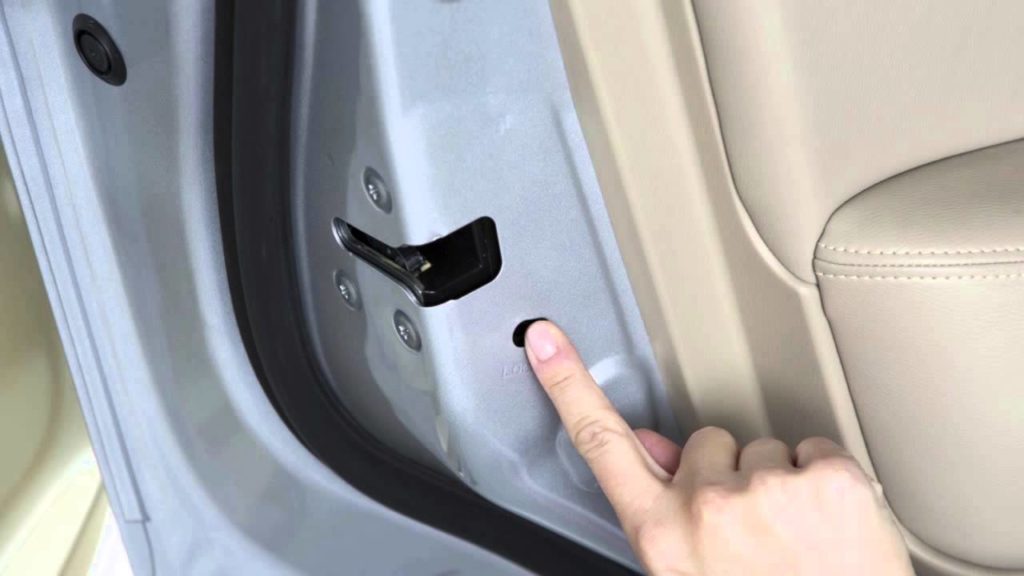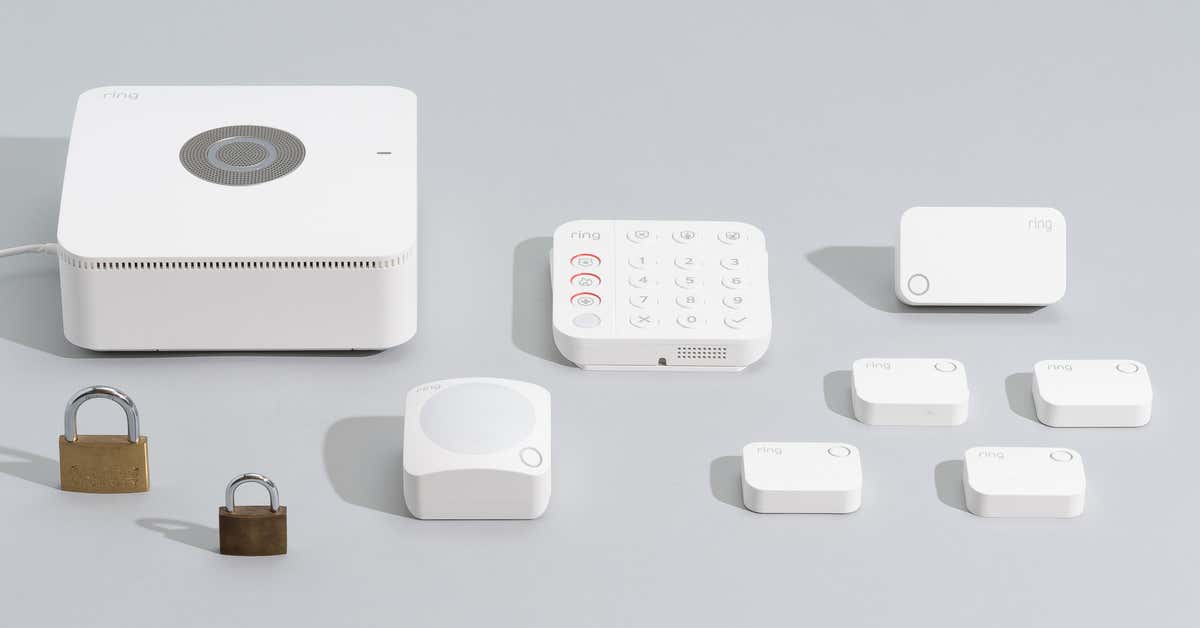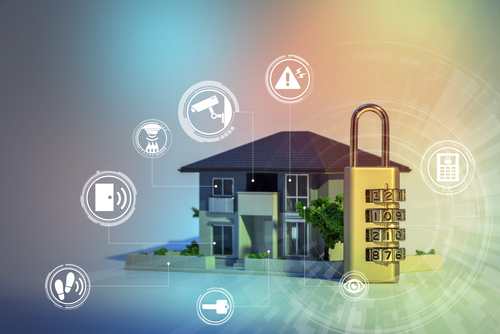
Lifeshield offers a variety of security options for home and small business owners. You can get professional monitoring and 24-hour home monitoring for a monthly fee. Mobile access is also available. There are many options available, including a smart camera and keychain remote, touchscreen tablets, and fire safety sensors. If you are a DIY enthusiast, you can purchase a kit or build your system.
The basic kit includes the base unit and a keychain remote. The base unit connects to your landline and cellular signal. There is also a 24-hour battery backup. This base unit can be configured to use your existing ethernet and cellular connectivity. It is easy to install.
Alexa can be used to control your Lifeshield home security system. This allows you to control the sirens or arm the door alarms via your phone. It is also compatible with several other services like IFTTT. This allows you to connect smart devices to receive notifications from away.
In addition to this, the system has a seven-day practice mode, so you can test it before committing to a full-fledged purchase. You will need to create an account at the Lifeshield website in order to register. Once you have created an account, you can add sensors or other items to your system.

Lifeshield offers a mobile app. This free app lets users remotely monitor their security system, lock and unlock the doors, and get alerts when an alarm goes off. When you want to get ahold of a customer service representative, you can call them or send an email.
Lifeshield does have some flaws. There are some issues with Lifeshield. For instance, it needs power and cannot be mounted to a surface. Hardware quality is another issue.
Some customers have reported false alarms with Lifeshield. Lifeshield is still a good option for homeowners looking for an inexpensive and easy home monitoring system.
A solid A+ rating is also available with the Better Business Bureau. The Smart Home Scholar Scholarship is a $1,000 scholarship available to college students.
Another positive aspect of Lifeshield is its user-friendly interface. It's simple to get your family familiar with the system. And it's an excellent choice for families who don't want a professional-grade system for home security. This makes it a good choice for small to mid-sized homes but not for larger ones.

LifeShield offers a free 24-hour storage service. A more affordable plan is also available, with a $25 per month fee for monitoring.
LifeShield does have a lot of value for the money. But it might not be the right one for your specific needs. It's an option that anyone can do themselves, or for those who don't have enough money or the time to invest.
FAQ
Which is better, home security cameras of home security systems?
Home security systems are more effective than home security cameras because they can detect sounds and movement, even if no one is present in the room where the system is installed. However, home security cameras can be mounted on doors and windows easily and are less expensive than home systems.
Motion sensors can be set up to sound an alarm
Motion sensor alarm systems have been around for decades, and they have become increasingly popular due to the rising number of break ins and thefts. These alarms are too costly and won't work in cabinets. A motion sensor alarm system can be a great way to protect your home against intruders.
Can I install my own security camera?
Yes! You can install a home alarm yourself if you know what you're doing. If you don’t want to hire someone to do it, they will be able help you.
Statistics
- Depending on your insurance, 24/7 professional monitoring may qualify you for as much as 15% off your premium. (safewise.com)
- Most home security companies will charge you around 75% of the remaining term of your contract if you cancel early—and some require 100%.Related questionsWhat type of contract length can I expect from security providers?Home security system cancellation (safewise.com)
- Cove sets you free without punishing penalties and fees, unlike other security solutions that charge 75% to 100% of your remaining contract. (safewise.com)
- Related questionsHome security systems that are 100% DIY (safewise.com)
External Links
How To
How to Install A Home Security System
A home security alarm is a device that monitors the property and alerts you in case of any suspicious activity. It could be a motion detector, doorbell camera or smoke detector. A home security system usually consists of one or more sensors (e.g., motion detectors), which send signals when they detect movement or sound. The signals are then sent out to a control board where they can monitored and recorded. If there's a problem such as someone breaking into your house or other suspicious activity, the control panel sends an alert via your phone, tablet computer, voice assistant, or computer. The control panel will notify you immediately so that you can take corrective action.
You must first choose the right kind of sensors for you home in order to install a home alarm system. There are two main types. Active and passive sensors. Passive sensors don't require batteries; they just pick up sounds and vibrations from their surroundings. These sensors include sirens, buzzers, and doorbells. Active sensors transmit data using electricity. These sensors include motion sensors and cameras.
There are many brands of sensors today. Each brand has its own pros and disadvantages. Some sensors can withstand extreme weather conditions, while others cannot. Some include built-in speakers to allow you hear them even when they are outside. Others are only for use inside. Others are more complex, while some offer more advanced features like night vision.
Once you have chosen the right type of sensor for your property, it is time to select a manufacturer. This will make sure that your sensors function well together. You will find many options in your local hardware store.
After choosing a brand of sensors to use, you can decide how many to purchase. Depending upon whether they live alone or in a group, most people begin with one or two sensors. You might want to buy more sensors if you intend on adding them later.
Next, decide where you want the sensors to go. Do you want them near windows and doors? Or would you rather have them hidden? Before you place them on your property, make sure that you have permission. You should also ensure that they don't interfere with electrical outlets or other property features.
Now that you know where you want to put your sensors, you'll need a way to connect them to your control panel. You might need a power adapter for your setup. Once you have everything in place, your property can be monitored!